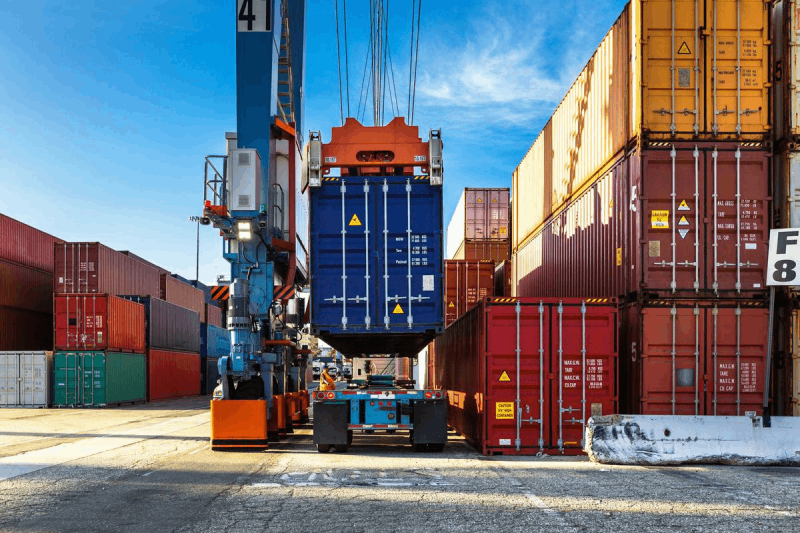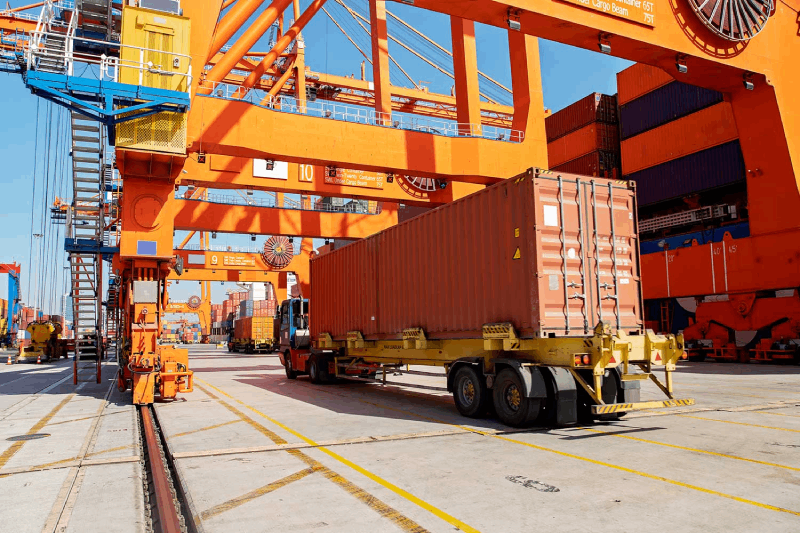Welcome to GLA! Leading the global logistics alliance.


Your location:Home > News > Congestion in Chittagong has increased, how should the government solve it?
Time:2021-07-12 Publisher:Kevin Num:7615

Due to congestion at the transshipment port and delays in berthing at Chittagong Port, Bangladesh’s private inland container yard ICD is crowded with containers of export goods.
This seriously hinders the operation of the yard, and at the same time aggravates the congestion of the port, creating a vicious circle.
The Chittagong Port Authority (CPA) on Friday required 18 ICDs to immediately transfer containers from the port to the warehouse to avoid increased port congestion.
Relevant personnel stated that Chittagong’s operations were affected during the epidemic lockdown.
Because many importers have been slow to accept goods due to poor demand and factory closures.
Such slow delivery has caused congestion and normal operations at the port.
The total capacity of 18 ICDs or off-site terminals is 75,600 TEUs, but when the number of stored containers reaches 80% of the capacity, operations will be blocked.
At present, the ICD yard has 14,000 TEU export loading boxes, 8000 TEU import loading boxes and 38,500 TEU empty containers.
ICD handles almost 100% of the country’s export goods and 20% of the import goods,
The inventory of empty containers they jointly store is almost 10 times that of Chittagong.
The Bangladesh Inland Container Yards Association (BICDA) issued a statement on July 1 stating that the storage time of containers should not exceed 3 days to ensure the smooth operation of the facilities.
Exported goods arrive at the ICD from the factory by truck and are loaded into containers and stay in its yard, and then transported to the port for loading.
In addition, these ICDs have to handle loading a variety of imported containers.

BICDA Chairman Nurul Qayyum Khan said that the current long-term detention of export-loaded containers in the ICD is creating operational obstacles.
"In order to operate smoothly, export goods should not stay in ICD for more than 3 days," he pointed out.
"If any exported goods stay for a long time, it will not only have a serious impact on ICD operations but also on the overall productivity."
He also pointed out that there is also a shortage of 40-foot and 40-foot tall containers, which are mainly used by Bangladesh for export goods, which has also exacerbated the problems faced by ICD.
The longer the export box occupies the position, the more it will lead to "delayed unloading of trucks loaded with new export goods."
GBX logistics business director Muntasir Rubayat said that the serious delay in the berthing time of the transshipment port has caused many ships to jump into the port or be dumped, and the freight rate has risen sharply.
Affected by the epidemic, Bangladesh has implemented a blockade since June 31. Considering the importance of the port to people's lives, port operations have not stopped, and trucks are allowed to enter and leave the port.
CPA officials said that after the mandatory blockade took effect on Thursday morning, the port container loading and unloading operations were all normal on July 1 and July 2.
The port is operating continuously for 24 hours to ensure that the country's supply chain is not hindered during the hard lockdown.
2019 the 7th GLA Panel Discussion Wonderful Review
Prev:New Golden Member From Bangladesh——JTC CARGO INTERNATIONALNext:Renewed golden Member From Spain ——MERZCARGO FORWARDING
Recommended Membership
Latest News